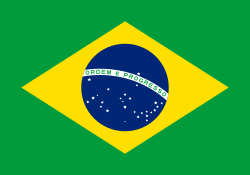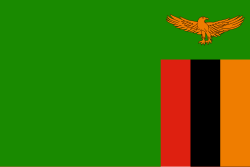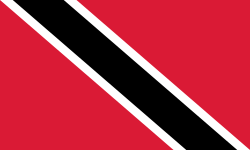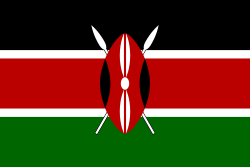Alison dos Santos
| Alison dos Santos | |
|---|---|
| Osobní informace | |
| Rodné jméno | Alison Brendom Alves dos Santos |
| Narození | 3. června 2000 (24 let) São Joaquim da Barra, São Paulo |
| Stát | |
| Výška | 200 cm |
| Kariéra | |
| Disciplína | běh na 400 metrů překážek, běh na 400 metrů |
| Účasti na LOH | 2020, 2024 |
| Účasti na MS | 2019, 2022 |
| Některá data mohou pocházet z datové položky. | |
Alison Brendom Alves dos Santos (* 3. června 2000) je brazilský atlet, jehož specializací je běh na 400 metrů překážek. Je dvojnásobným bronzovým medailistou z LOH 2020 a 2024 a mistrem světa z roku 2022. Jeho čas 46,29 s, který zaběhl v Eugene je 3. nejrychlejší čas historie.[1]
Na pravé polovině hlavy, levé paži a hrudi má specifické jizvy, které si způsobil jako desetiměsíční dítě. V kuchyni na sebe převrhl pánev s vroucím olejem a způsobil si vážné popáleniny třetího stupně, kvůli kterým strávil čtyři měsíce v nemocnici. [2][3]
Odkazy
Reference
- ↑ Santos zazářil rekordem šampionátu - Atletika. www.atletika.cz [online]. [cit. 2023-03-10]. Dostupné v archivu pořízeném z originálu dne 2023-03-10.
- ↑ Jako mimino se děsivě popálil vroucí pánví. Teď Brazilec sesadil Warholma. iDNES.cz [online]. 2022-07-20 [cit. 2023-03-10]. Dostupné online.
- ↑ Šampion se zlatými jizvami. Jako dítě na sebe vylil olej, teď už se nestydí. iSport.cz [online]. [cit. 2023-03-10]. Dostupné online.
Externí odkazy
 Obrázky, zvuky či videa k tématu Alison dos Santos na Wikimedia Commons
Obrázky, zvuky či videa k tématu Alison dos Santos na Wikimedia Commons - Alison dos Santos na stránkách Světové atletiky (anglicky)
Média použitá na této stránce
Olympic Rings without "rims" (gaps between the rings), As used, eg. in the logos of the 2008 and 2016 Olympics. The colour scheme applied here was specified in 2023 guidelines.
Olympic Rings without "rims" (gaps between the rings), As used, eg. in the logos of the 2008 and 2016 Olympics. The colour scheme applied here was specified in 2023 guidelines.
The flag of the Dominican Republic has a centered white cross that extends to the edges. This emblem is similar to the flag design and shows a bible, a cross of gold and 6 Dominican flags. There are branches of olive and palm around the shield and above on the ribbon is the motto "Dios,Patria!, Libertad" ("God, Country, Freedom") and to amiable freedom. The blue is said to stand for liberty, red for the fire and blood of the independence struggle and the white cross symbolized that God has not forgotten his people. "Republica Dominicana". The Dominican flag was designed by Juan Pablo Duarte, father of the national Independence of Dominican Republic. The first dominican flag was sewn by a young lady named Concepción Bona, who lived across the street of El Baluarte, monument where the patriots gathered to fight for the independence, the night of February 27th, 1844. Concepción Bona was helped by her first cousin María de Jesús Pina.
The flag of the Dominican Republic has a centered white cross that extends to the edges. This emblem is similar to the flag design and shows a bible, a cross of gold and 6 Dominican flags. There are branches of olive and palm around the shield and above on the ribbon is the motto "Dios,Patria!, Libertad" ("God, Country, Freedom") and to amiable freedom. The blue is said to stand for liberty, red for the fire and blood of the independence struggle and the white cross symbolized that God has not forgotten his people. "Republica Dominicana". The Dominican flag was designed by Juan Pablo Duarte, father of the national Independence of Dominican Republic. The first dominican flag was sewn by a young lady named Concepción Bona, who lived across the street of El Baluarte, monument where the patriots gathered to fight for the independence, the night of February 27th, 1844. Concepción Bona was helped by her first cousin María de Jesús Pina.
(c) Rede do Esporte, CC BY 3.0 br
Alison dos Santos: bronze em uma das provas de mais alto nível dos Jogos de Tóquio, os 400m com barreiras.












